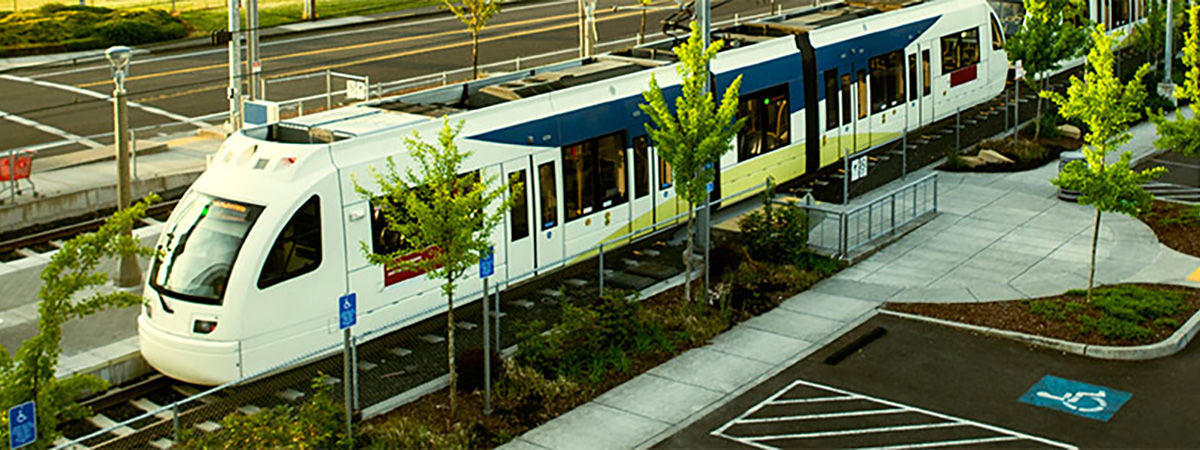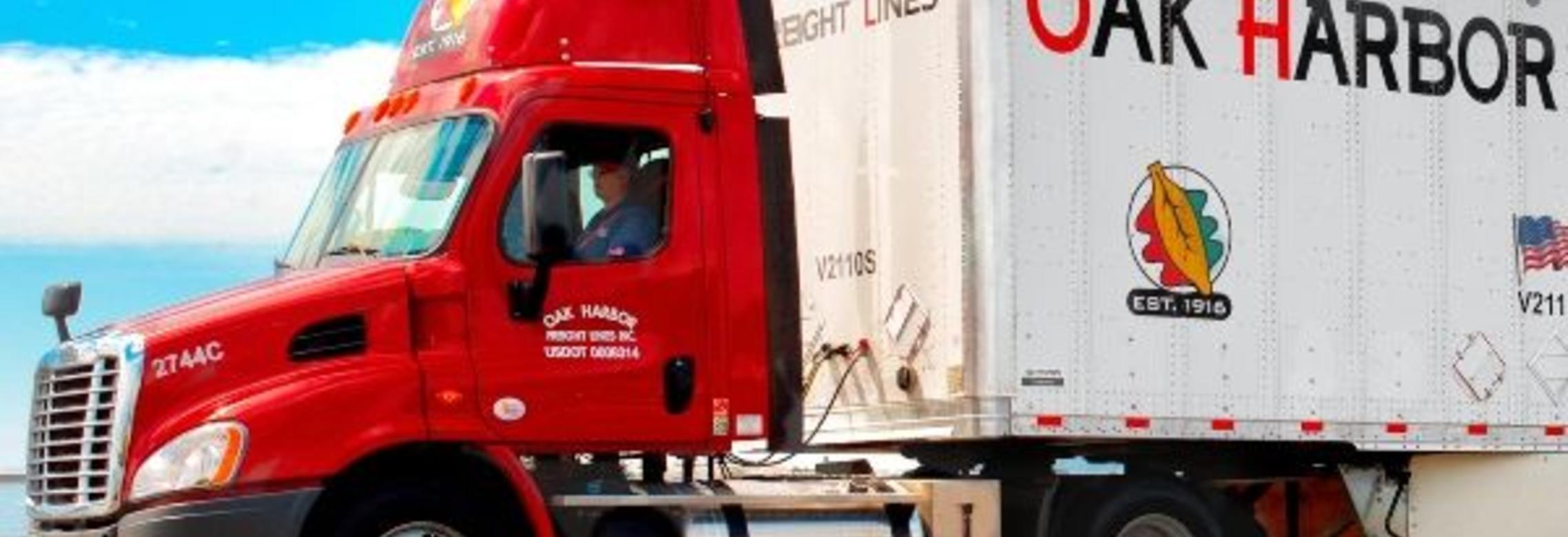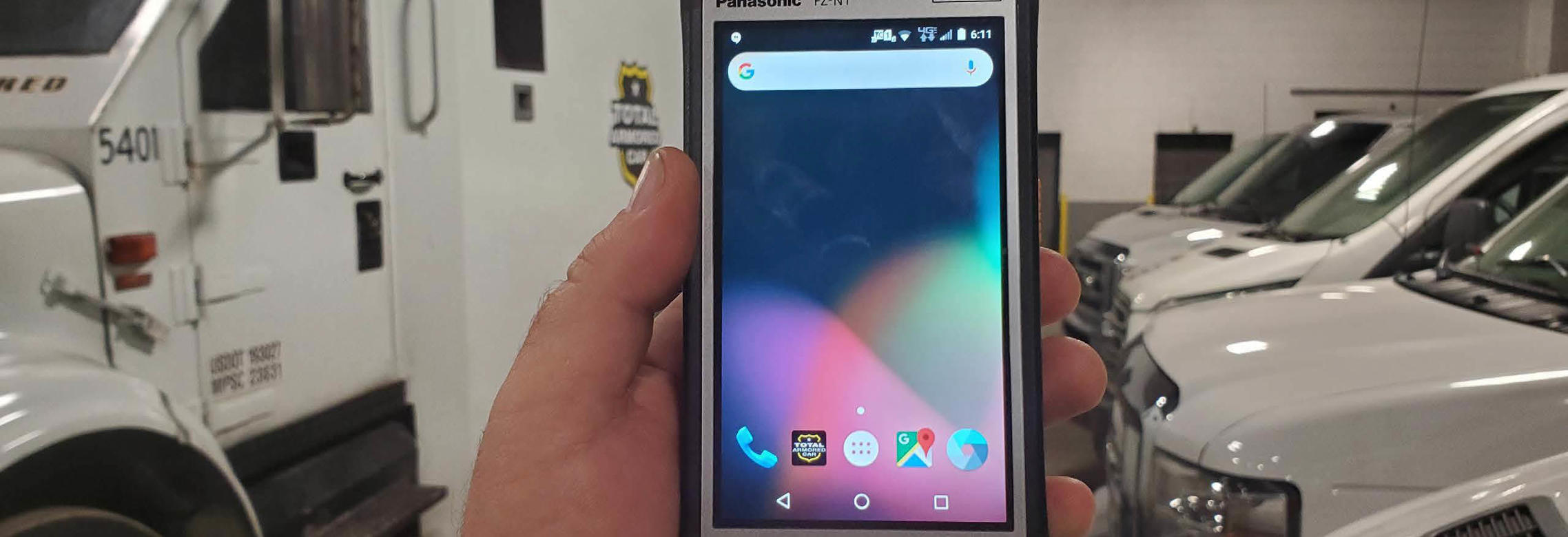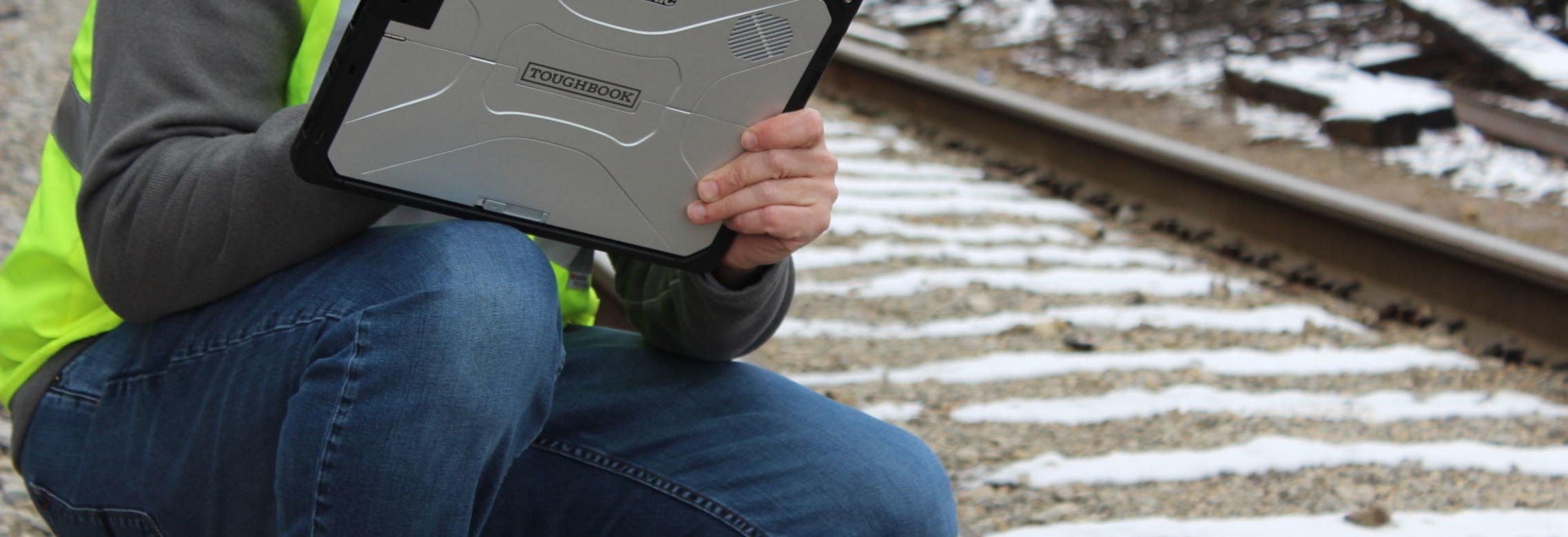Passio Technologies

Transit Agencies See Connected Mobile Technology Solutions as Integral to Success
With public transportation ridership on the rise, up 39 percent since 1995 according to the american public transportation association (apta), transit agencies are evaluating their existing infrastructure for areas to improve efficiency with the use of technology.

Passio Technologies provides innovative, customizable transit and parking solutions coupled with user friendly, industry leading technology and reporting. The company develops and supports technology solutions that provide on-board passenger counting and validation, GPS location services, a customer experience solution and a full reporting suite.
Issues technology can address for transit agencies include capturing and accessing relevant data in near-real time, such as information about ridership, on-time statistics or operational issues and maintenance requirements. Of equal importance, is having the means by which to quickly analyze that data and use it to make more informed business decisions and communicate or contact staff located across the transit system and operations.
The overriding challenges for most agencies are funding shortfalls. Lack of budget results in the need to do more with less. The right technology investment can go a long way in helping to address this issue, while the wrong one compounds it, resulting in operational inefficiencies and decreased customer satisfaction.
From Passio Technologies' perspective, mobile devices are incredibly important to its transit customers. "We're seeing a trend within many agencies wanting to expand the use of mobile technology. They need flexibility as well as information gathering and analyzing capabilities mobile devices offer and the potential operational efficiencies that come with them," said Scott Reiser, CTO of Passio Technologies.
Yet in some cases agencies look to minimize their upfront investment costs on mobile technology and the results are usually detrimental. "Entities often attempt to use consumer-grade electronics in an operational-grade environment. That simply doesn't work, and in the long run, will cost them more than if they just invested in the correct hardware on the front end. As Reiser puts it, "Our software can make a significant impact for our transit customers, but if the hardware doesn't work, the ROI isn't there."

In transit environments, lack of durable mobile hardware can result in application performance issues which has an impact on the accuracy of the data that a backend operational system is collecting. Or faulty hardware can result in drivers, technicians and other mobile workers responsible for collecting or accessing data not being able to do their job. Once that happens, it's only a matter of time until the transit system fails.
The right solution needs to be mobile, rugged—to provide performance when exposed to drops, extreme heat, cold, vibration, moisture, and constant handling—and have the processing power to maximize the software and enable growth of the system.
For example, one Passio transit customer is using the company's vehicle tracking and passenger counting software loaded on Panasonic TOUGHPAD FZ-X1 Android handheld tablets. The combination of powerful software and purpose-built, reliable hardware is one customers are embracing.
"The feedback has been great on Panasonic's devices," said Reiser. "When employees have the right tools, they have more pride, and we are likely to see an increase in performance as a result. Our transit operators have multiple responsibilities for meeting schedules, safe operations, and passenger customer service. Enabling them with the right solution means the agency and its passengers win."



